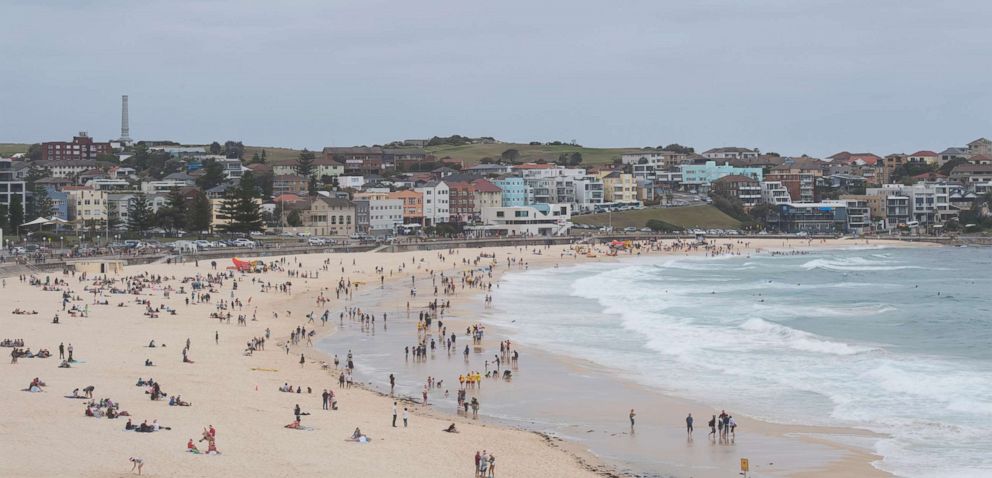Why this part of the holiday season may be particularly risky for your heart
Sweet treats, holiday travel and eggnog may take a toll on your heart.

— -- Sweet treats, holiday travel and eggnog spice up the holidays, but it turns out that these things may also take a toll on your heart.
Several studies, in fact, have examined the period between the end of Christmas and the first week or so of the New Year, and determined that this period is linked to an increase in deaths. Experts attribute this to fatal heart issues.
“There is some substance to this notion that there is an increase in cardiac deaths associated with the holiday season,” said Dr. Clyde Yancy, a former president of the American Heart Association and chief of cardiology in the Department of Medicine at Northwestern University's Feinberg School of Medicine. “People are overextending themselves.”
Indeed, heart experts note that the spike in deaths is probably due to a perfect storm of different factors.
“The cause is hard to pinpoint,” Dr. Harlan Krumholz, a cardiologist at Yale University and Yale-New Haven Hospital, told ABC News in an email. “My hunch is that it may be due to a combination of difficulty in getting a doctor’s appointment, tendency to deny symptoms during a holiday period, staffing during holidays, and many people being far from home, which may contribute to reluctance to seek care and, when they do, being seen by people who don’t know them.”
“But these are just hypotheses,” he added.
Counterintuitively, cold weather may not cause an uptick in deaths as we commonly believe. While certain activities like snow shoveling can increase heart risk, recent research on this “Christmas Holiday Effect” in Australia – where many celebrate Christmas basking in the summer sun – revealed an uptick in heart-related deaths during this holiday period similar to that seen in the U.S.

“The change in weather cannot be the only explanation,” Yancy said, adding, “Where Christmas is not celebrated you don’t see that increase.”
Fortunately, there are ways to protect yourself. Krumholz advises those indulging in the season to listen to their bodies and respect new symptoms if they crop up – even if they happen to be in a foreign environment or away from familiar doctors.
“Get checked out if you have any symptoms like chest pressure, chest pain, shortness of breath – pain or discomfort that may affect your lower jaw or go down your left arm,” Krumholz said. “Time matters for heart disease and, in many cases, getting prompt attention can be lifesaving.”
He went on, “It is important not to be shy in conveying how you feel and what concerns you have.”
If you have heart disease, he also suggests carrying a copy of a baseline electrocardiogram when traveling to visit family and friends.
And with the new year around the corner, Yancy said it may even be a great opportunity for those who require heart screenings or checkups to call for that appointment. “It should be an always annual commitment to revisit one’s cardiovascular health,” he said. “Eighty percent of heart disease can be prevented, and the part that can be prevented is about lifestyle.”




